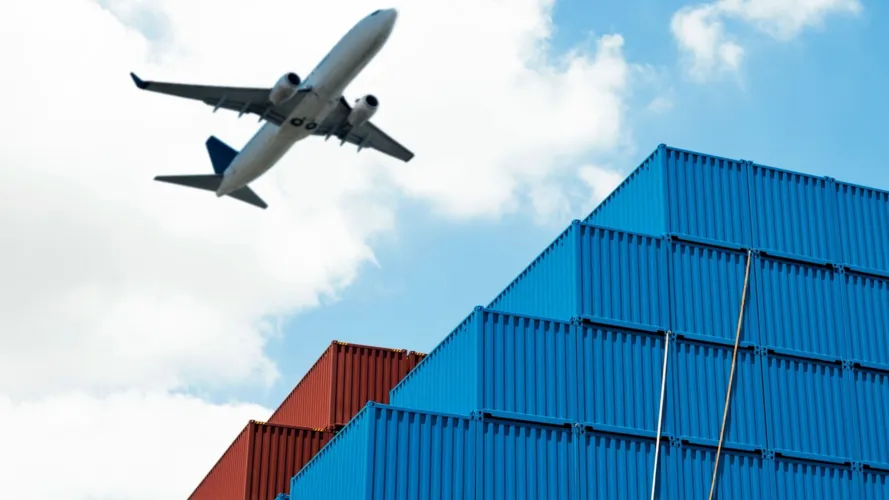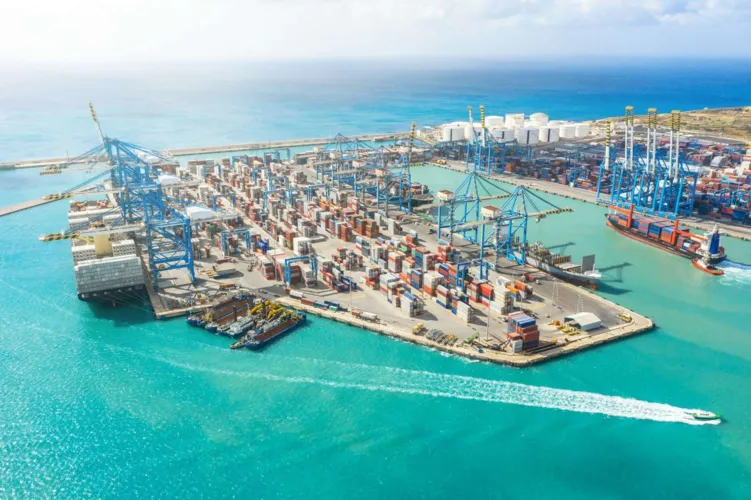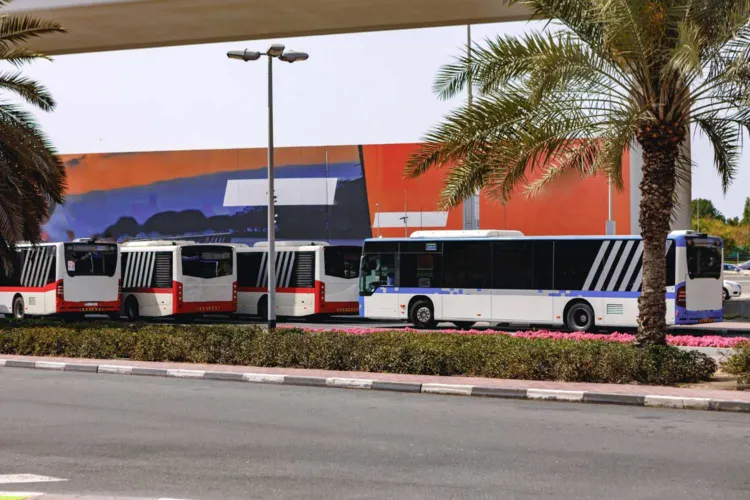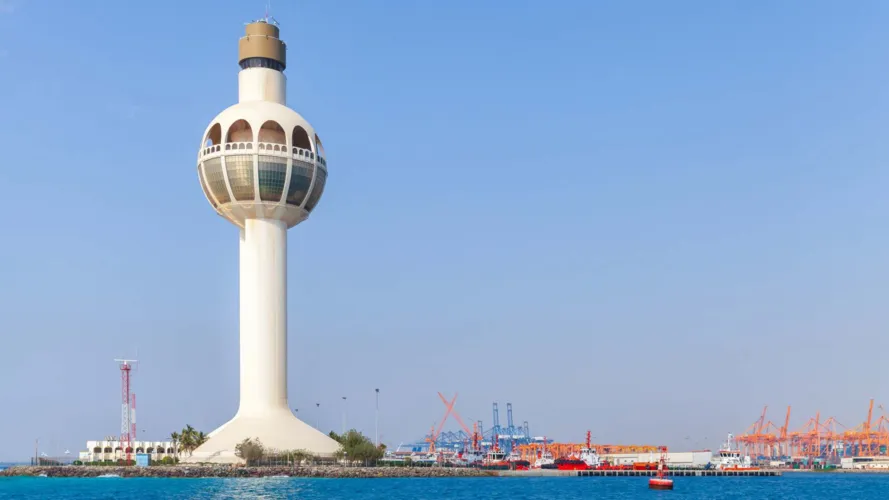Vision 2030 Drives $63.95B in Saudi Logistics Tech & Infrastructure Projects
Saudi Arabia’s logistics transformation is accelerating under Vision 2030, with private entities expected to contribute 80% of the sector’s targeted investments. The Ministry of Transport and Logistic Services estimates that SR240 billion ($63.95 billion) worth of projects will be offered to the private sector, spanning privatized ports, airports, and cargo terminals.

This surge is reshaping the Kingdom’s infrastructure and business landscape. The logistics market is projected to generate USD 4,706.8 million in revenue by 2030, up from USD 3,388.8 million in 2024, growing at a 5.6% CAGR. Fueled by e-commerce, globalization, and supply chain modernization, this growth reflects the rising influence of Saudi Logistics Tech & Infrastructure.
Logistics Facilities Surge 267% Since 2021
According to the Saudi General Authority for Statistics, the number of logistics facilities in Saudi Arabia has jumped 267% since 2021, with the Eastern Province leading the expansion. This growth is matched by rising delivery volumes — over 101 million orders were processed in Q2 2025, with Riyadh accounting for nearly half.
The National Transport and Logistics Strategy (NTLS) aims to increase the sector’s GDP contribution to 10% by 2030. Key goals include expanding the rail network to 8,080 km, boosting port throughput to 40 million TEUs, and enhancing air cargo capacity beyond 4.5 million tonnes annually — all powered by Saudi Logistics Tech & Infrastructure.
$30M AI Investment Signals Shift to Smart Fulfillment
Riyadh-based logistics firm Salasa recently raised $30 million to scale its AI infrastructure. The company plans to expand its network of dark stores and bonded zones while embedding predictive, self-optimizing logistics across planning, inventory, and fulfillment.
With over 1,000 merchant partners and 50 million products fulfilled to date, Salasa exemplifies the Kingdom’s pivot toward tech-enabled logistics. Its integration with platforms like Shopify, Amazon, and ZID reflects the growing role of Saudi Logistics Tech & Infrastructure in e-commerce and cross-border trade.
40 New Logistics Centers to Support $57B Sector by 2030
Saudi Arabia is building 40 new logistics centers across 100 million sq. meters to attract global firms. These efforts are expected to grow the logistics sector to $57 billion by 2030, reducing costs and improving reliability.
The rollout of a national logistics platform (Single Window) is streamlining communication between logistics players and government entities. This digital interface consolidates permits, customs, and approvals — a key milestone in the evolution of Saudi Logistics Tech & Infrastructure.
Regulatory Reforms and Incentives Fuel Market Entry
Recent ZATCA reforms around less-than-container load handling are improving operational efficiency, especially for SMEs. The Kingdom has also introduced 15 new incentives under the Authorized Economic Operator program, including dedicated account managers and streamlined processes.
Saudi Arabia’s updated investment law guarantees fair treatment, protects IP rights, and enables seamless fund transfers. These reforms, combined with tax breaks and strategic logistics zones, are making Saudi Logistics Tech & Infrastructure more accessible and investor-friendly.
E-Commerce to Hit $68.94B by 2033, Driving Last-Mile Innovation
With the Saudi e-commerce market projected to grow from $24.67 billion in 2024 to $68.94 billion by 2033, demand for fast, tech-enabled logistics is surging. Smart warehousing, AI-driven delivery routing, and autonomous transport are becoming essential to meet consumer expectations.
NEOM’s Oxagon is emerging as a next-gen logistics hub, integrating automated ports, AI supply chains, and advanced manufacturing. Supported by NEOM Airlines and a new international airport, it exemplifies the future of Saudi Logistics Tech & Infrastructure.
Challenges: Talent Gaps, Geopolitics, and Sustainability
Despite rapid progress, challenges remain. Experts cite skill shortages in digital logistics, geopolitical uncertainty, and the need for sustainable practices. The government is addressing these through partnerships, training programs, and regulatory streamlining.
As Saudi Arabia competes globally, aligning infrastructure, policy, and human capital will be critical to sustaining growth in Saudi Logistics Tech & Infrastructure.
Also Read: Smart Logistics Adoption Accelerates in Saudi Supply Chains








